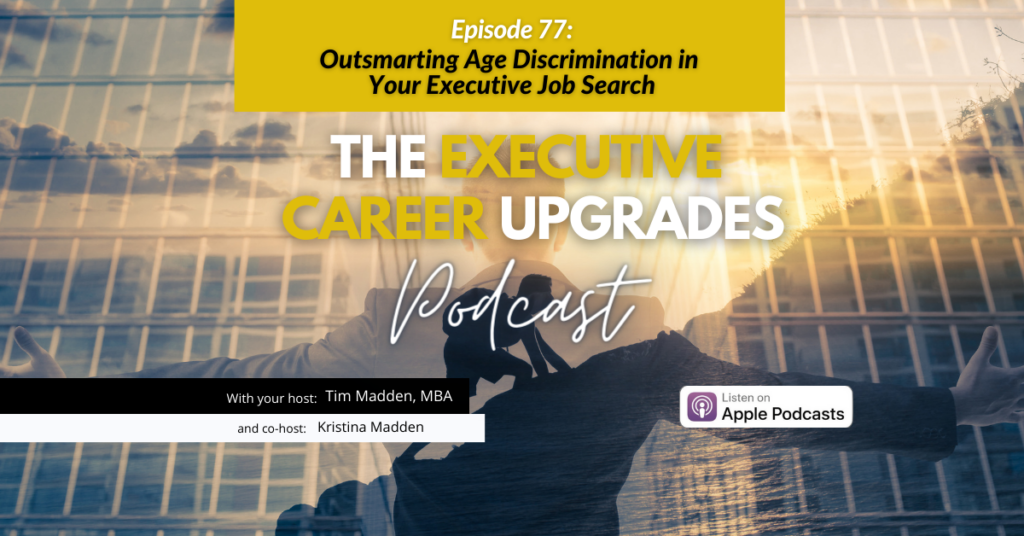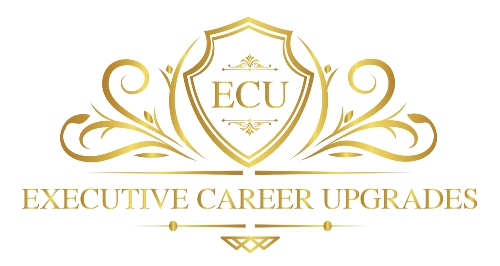In an evolving business landscape, managing a multigenerational workforce has become a pivotal challenge and opportunity for modern executives. Leading a team composed of baby boomers, Gen X, millennials, and Gen Z employees can seem daunting given their varying outlooks, experiences, and skills. It’s easy to resort to the humor and stereotypes that surround each generation, from tech-averse boomers to supposedly entitled millennials. However, in the quest to excel at managing a multigenerational workforce, it’s essential to set aside these stereotypes and focus on reality – a rich tapestry of individual talents and perspectives, each capable of adding unique value to your organization. Recognizing the inherent diversity within each generational cohort is the first step toward fostering a truly inclusive, dynamic, and productive workforce.
Viewing Everyone as an Individual
Working with a multigenerational workforce requires acknowledging individuality and celebrating diversity. Traditional generational stereotypes are not just incorrect, they can also be detrimental. These misconceptions are often rooted in biases and fail to capture the diversity and depth of human personality and potential. Individuals are understood to be shaped by the era they grew up in. Nonetheless, it is crucial to treat each person as unique, considering their experiences, skills, and ambitions.
As an executive, you are managing a workforce that includes baby boomers, Gen X, millennials, and Gen Z employees. Each of these groups brings different strengths and perspectives to the table. It is essential to remember that each of these groups is made up of individuals with diverse life experiences, skills, and knowledge. Assuming that everyone within a certain age range will behave the same way is not only unrealistic but can also be damaging.
Developing Mentoring Relationships
Mentoring is a powerful tool for managing a multigenerational workforce. It is not a new concept, but in this era of rapidly changing workplace norms and expectations, its value cannot be overstated. Traditionally, older employees mentor younger colleagues, sharing their wisdom and experience. However, in the current multi-generational workforce scenario, the concept of reverse mentoring, where younger employees mentor their senior colleagues, is also being embraced.
Reverse mentoring is particularly relevant when it comes to technology. For instance, younger generations, often considered digital natives, can assist older colleagues in adapting to new technologies and digital tools. Meanwhile, with their years of experience, older employees can mentor younger colleagues on things like strategic thinking and effective communication.
Creating an environment that encourages mentoring relationships fosters a culture of learning and mutual respect. This strategy helps eliminate the ‘us vs. them’ mindset that can sometimes emerge in a multigenerational workforce. In its place, an atmosphere of collaboration and shared purpose is cultivated.
Checking Your Communication Methods
Effective communication is at the heart of the successful management of a multigenerational workforce. It’s important to remember that different generations may have different communication styles and preferences. For example, baby boomers may prefer face-to-face conversations or emails, while millennials and Gen Z employees might be more comfortable with instant messaging and video calls.
It is essential for executives to understand these preferences and be flexible in their communication methods. A one-size-fits-all approach to communication is unlikely to be effective in a multigenerational setting. An open dialogue about communication preferences can help avoid misunderstandings and foster a more inclusive and productive work environment.
Using different communication methods not only ensures that everyone’s voice is heard but also sends a signal that all styles are valued. This approach helps break down barriers and promotes mutual understanding and respect. It can help older employees feel less alienated by newer technologies while enabling younger employees to understand the importance of more traditional communication methods.
Embracing the Future: Harnessing the Power of a Multigenerational Workforce
In conclusion, successfully managing a multigenerational workforce is not a matter of navigating stereotypes or adhering to dated generational generalizations. Instead, it is about promoting a culture of understanding, flexibility, and inclusivity in the workplace. The diversity within this multigenerational landscape should be seen as a strength, a potent blend of wisdom, innovation, resilience, and adaptability that can drive an organization forward.
It is clear that the expectations and preferences of employees vary across generations. But this should not serve as a stumbling block for managers. On the contrary, it offers a unique opportunity for leaders to display adaptability and innovation in their leadership styles. It is a chance to dispel stereotypes, encourage cross-generational mentorship, and facilitate open and honest communication.
Leaders must remember that while each generation may bring distinct characteristics to the table, every individual offers a unique set of skills, experiences, and perspectives that enrich the collective workforce. Thus, management practices should be tailored towards nurturing individual growth and fostering an environment that allows every employee, regardless of their generation, to feel seen, heard, and valued.
Looking ahead, as we welcome more generations into the workplace, the challenge of managing a multigenerational workforce will only grow. However, with the right approach, this can become an exciting opportunity to foster innovation, cultivate diversity, and create a dynamic and thriving workplace. After all, the future belongs to those who embrace change and diversity as powerful catalysts for growth.
Podcast Feature: Conquering Ageism in Your Executive Career Journey
Listen to our episode of our Executive Career Upgrades Podcast, Episode 77: Outsmarting Age Discrimination in Your Executive Job Search, as we delve into the controversial topic of ageism in the corporate world. Discover invaluable tools and strategies to overcome potential ageism and secure the job of your dreams. Don’t let age be a barrier to your success – listen now and take your career to new heights! Click on the graphic below to learn more.
For personalized career advice, schedule a free consultation with our Executive Career Advisors. Let us empower you to turn your career aspirations into a remarkable reality!



